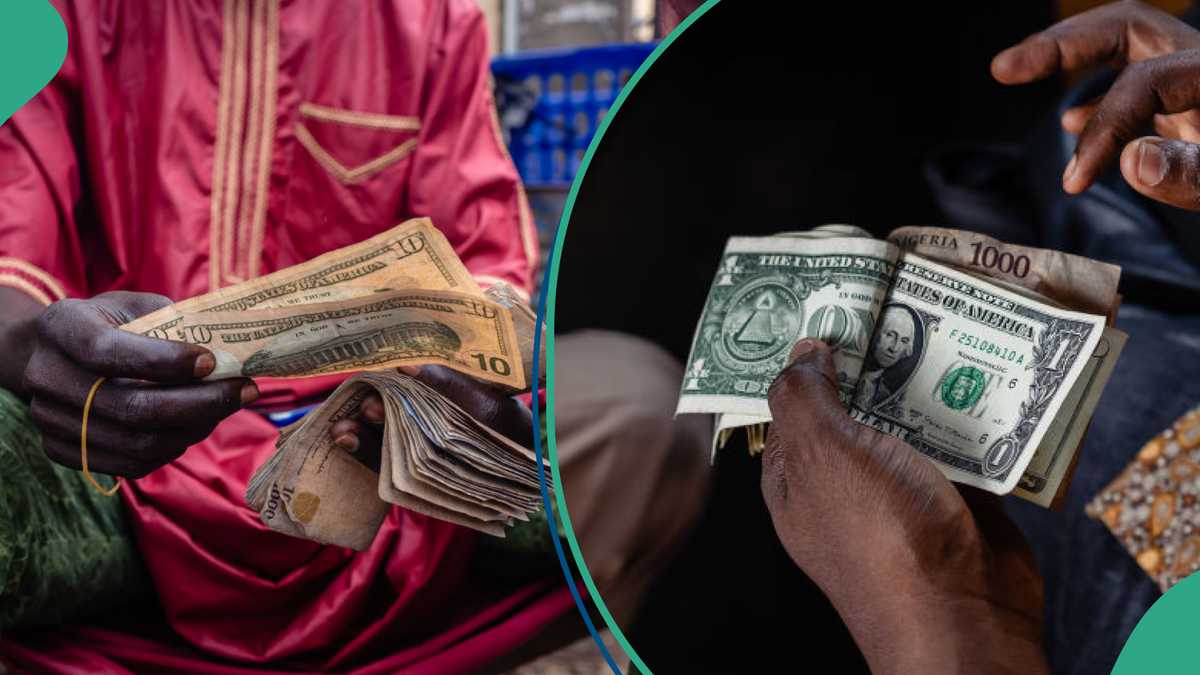Naira Appreciates Against the US Dollar

The Nigerian naira has shown signs of recovery against major currencies in both the official and parallel foreign exchange markets. Recent data indicates an appreciation against the United States dollar in the official market, marking a shift after consecutive losses. This improvement comes amid the Central Bank of Nigeria's (CBN) efforts to stabilize the currency through various monetary interventions.
In the Nigerian Foreign Exchange Market (NFEM), the naira closed at N1,597.70/$1 on Monday, May 12, 2025, according to CBN data. This represents a 0.5% appreciation, or N9, from the previous day’s closing rate of N1,607/$1. It's the first time since April 28 that the naira has achieved a closing exchange rate below N1,600 against the dollar. Further data from later in May shows the Naira strengthening to N1,600.44 on Monday from N1,606.15 traded on Friday the previous week, representing a gain of N5.71 against the dollar.
The naira also experienced appreciation against the Pound Sterling and Euro in the official market. On Friday, May 9, the naira closed at N2,145.48/£1 against the Pound Sterling and N1,818.42/€1 against the Euro. By the following Monday, the exchange rate for the Pound Sterling had dropped to N2,114.02/£1, while the Euro fell to N1,780.80/€1, showcasing an improved performance of the local currency.
However, the parallel market, also known as the black market, presented a slightly different picture. Traders reported a depreciation of the naira against the dollar. A BDC trader noted that the dollar selling exchange rate had increased to N1,627, while they were buying at N1,617 from customers. The exchange rates for the pound and euro remained relatively stable at N2,155/£1 and N1,815/€1, respectively. Later reports indicate that at the black market, the naira remained flat at N1,630 per dollar on Monday, the same rate recorded at the end of work on Friday.
The CBN has also released information regarding its expenses related to currency management. Currency issuance expenses include the costs incurred in the printing, processing, distribution, and disposal of currency notes. The CBN regularly destroys unfit banknotes under strict security measures, authorized by Section 18(d) of the CBN Act 2007. Additionally, commercial banks in Nigeria, including Zenith, UBA, and Wema, have a mandate to ensure cash availability.
Despite the recent fluctuations, the naira's appreciation in the official market provides a positive outlook, although challenges persist in the parallel market. The CBN's continued interventions and currency management strategies remain crucial in maintaining stability and fostering economic growth.












